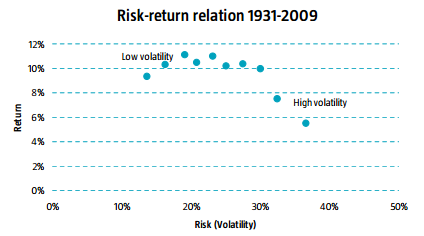“Don’t invest in a fund where the manager has access to your assets,” says John Hempton, straight up, in response to Rob Curran’s WSJ article on hedge fund due diligence. Hempton, who runs Australia-based hedge fund Bronte Capital, says Curran’s piece “is so misguided as to be comical” and explains how an independent custodian works:
If – as an American – you invest in Bronte Capital you don’t give us the money. We are not even legally allowed to take it. You send the money to Citco. Citco is the world’s largest hedge fund outsource company – but there are alternatives… When you send the money to Citco they hold the assets. We just trade them by issuing instructions to brokers… if we asked Citco to send the money to our personal bank account they would (rightly) refuse. Moreover Citco value our assets every month and they – not us – send the statements to the clients. We don’t do the valuation so we can’t fake it. We don’t hold the assets so we can’t steal them.
And here’s how it’s done at Covestor, where securities are held in clients’ own names and accounts with independent third-party party custodian Interactive Brokers Inc. We have limited discretionary authority over our client assets, only to debit management fees as authorized by clients (see our client agreement for more details).
That said, the SEC’s definition of “custody of funds” by financial advisors is complex – I’m specifically referring to the first aspect of custody as the SEC defines it: “an adviser has custody when it has possession of client funds or securities, even briefly.”




